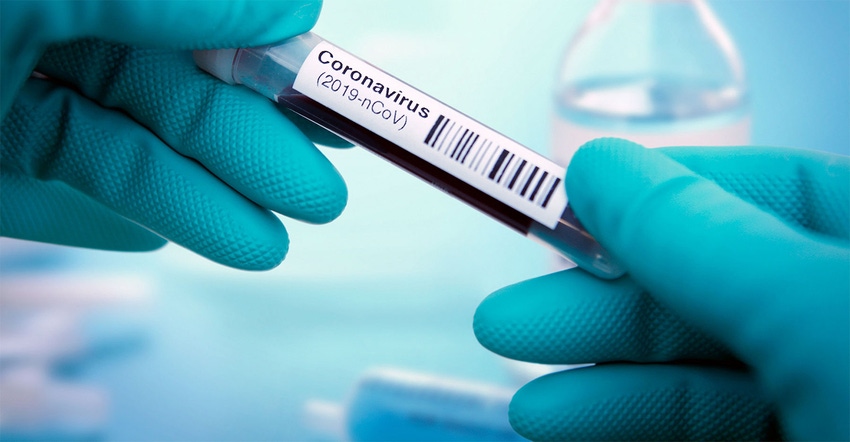
I, like many of you, have heard my fair share of information on the COVID-19 vaccines. If you search the internet, you are likely to find plenty of people for or against the vaccines. There is also an abundance of misinformation on the vaccines that may make you second guess the idea of getting the vaccine yourself.
First, I am not saying whether or not to get the vaccine. I am no doctor. However, after watching an AgriSafe webinar where a professional dispelled misinformation about the COVID-19 vaccines, I feel reassured that the vaccines are well made and well tested.
Here is some of the information on the COVID-19 vaccines from Dr. Lisa Morici, Associate Professor for the Department of Microbiology and Immunology at Tulane University.
The speed with which the vaccines were created can be a cause of concern for many people, myself included. Something that automatically put me at ease was finding out that the technology to create these vaccines has been in the making for around 30 years.
Both Moderna and Pfizer are mRNA-based vaccines. According to Morici, the vaccines spur healthy cells to produce viral proteins that stimulate a potent immune response.
"How the mRNA-based vaccines work is by taking the messenger RNA, which tells our bodies how to make proteins, and using them as platforms to plug in the genetic information for any virus protein of interest," Morici said. "In the case of the COVID-19 vaccines, scientists generated an mRNA sequence that codes for the virus spike protein…"
There was a lot more scientific explanation, but the basic point I received is that the technology is well researched and is not completely new.
Also, another aspect of the vaccine, which Morici dispelled, is the effectiveness rating. While there is a small percentage of those who can experience symptoms from virus infection despite having the vaccine, all of the current vaccines on the market are highly effective at preventing severe disease symptoms, hospitalization, and death from the virus.
A few other myths Morici debunked concerning the vaccines:
They do not integrate into your DNA.
They do not cause female infertility.
They do not cause Covid-19.
There are possible side effects from the vaccines, but Morici says these are manageable. She also says that it is much safer to get one of the vaccines than to risk getting COVID-19 since one in 10 coronavirus patients have prolonged illness. Some people even have up to four-month-long battles of symptoms from the virus. Getting the virus can possibly result in neurological problems and/or chronic fatigue syndrome. Asymptomatic infection may even cause harm to the heart and lungs.
Vaccines are especially important for those who are most vulnerable to the virus to help save countless lives. I encourage you to do your own research and talk to your doctor about any questions or concerns about the vaccine.
About the Author(s)
You May Also Like




